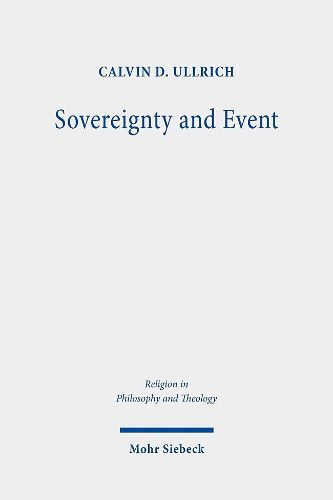Readings Newsletter
Become a Readings Member to make your shopping experience even easier.
Sign in or sign up for free!
You’re not far away from qualifying for FREE standard shipping within Australia
You’ve qualified for FREE standard shipping within Australia
The cart is loading…






In this study, Calvin D. Ullrich argues for the political significance of the philosopher-theologian John D. Caputo’s radical theology. Against the backdrop of present debates, the author traces the notions of ‘sovereignty and event’ by drawing on the political theology of Carl Schmitt and Caputo’s evolving engagement with postmodern thought; from its genesis in Martin Heidegger to its deeply involved association with Jacques Derrida. Calvin D. Ullrich shows that contrary to some misleading interpretations of his religious deconstruction, Caputo has always held nascent political concerns which culminate in his radical theology. Writing for scholars working in contemporary philosophy and theology, this book offers one of the first major in-depth analyses covering Caputo’s writings of the last four decades, and seeks to defend their relevance for discussions responding to ongoing political-theological challenges.
$9.00 standard shipping within Australia
FREE standard shipping within Australia for orders over $100.00
Express & International shipping calculated at checkout
Stock availability can be subject to change without notice. We recommend calling the shop or contacting our online team to check availability of low stock items. Please see our Shopping Online page for more details.
In this study, Calvin D. Ullrich argues for the political significance of the philosopher-theologian John D. Caputo’s radical theology. Against the backdrop of present debates, the author traces the notions of ‘sovereignty and event’ by drawing on the political theology of Carl Schmitt and Caputo’s evolving engagement with postmodern thought; from its genesis in Martin Heidegger to its deeply involved association with Jacques Derrida. Calvin D. Ullrich shows that contrary to some misleading interpretations of his religious deconstruction, Caputo has always held nascent political concerns which culminate in his radical theology. Writing for scholars working in contemporary philosophy and theology, this book offers one of the first major in-depth analyses covering Caputo’s writings of the last four decades, and seeks to defend their relevance for discussions responding to ongoing political-theological challenges.